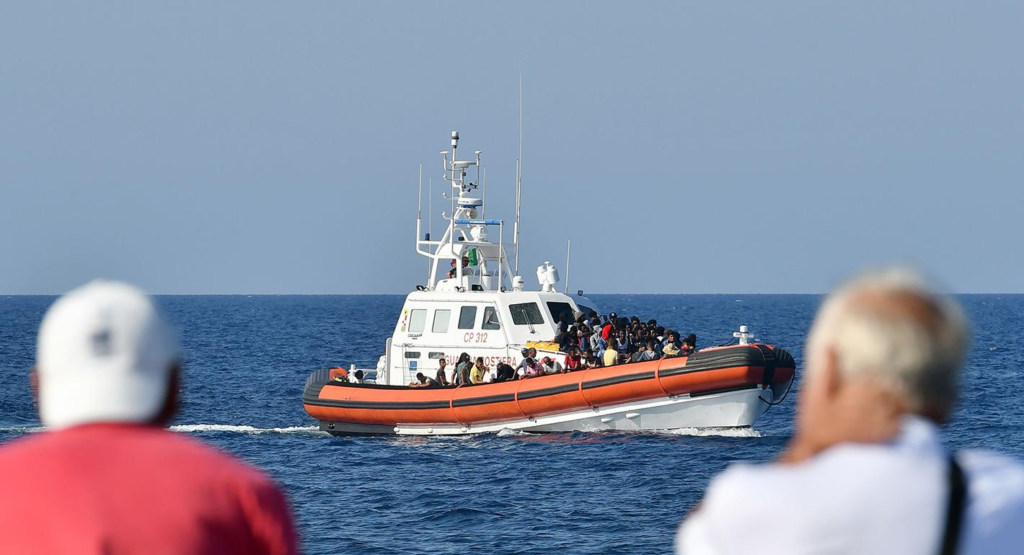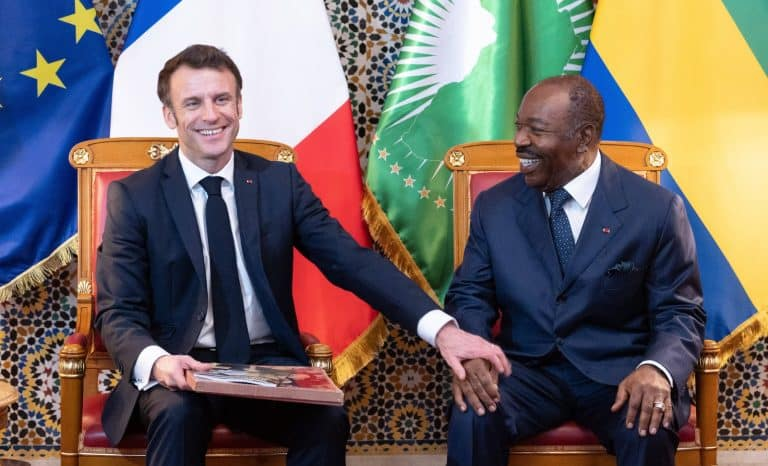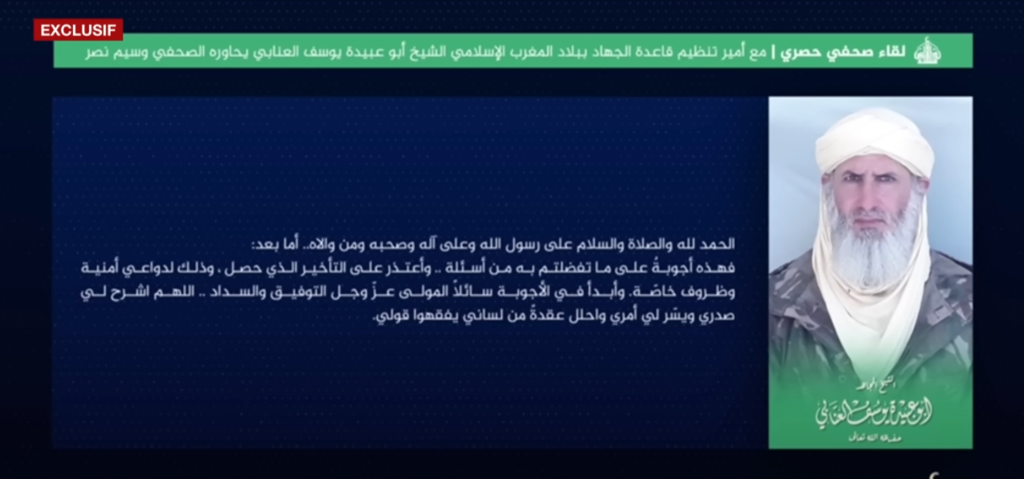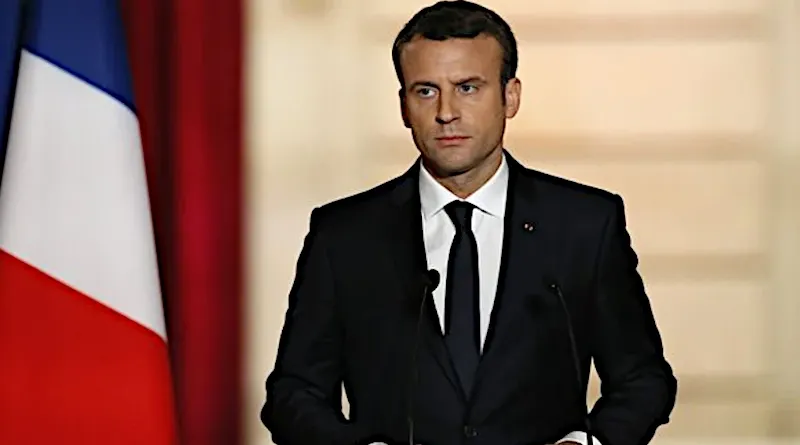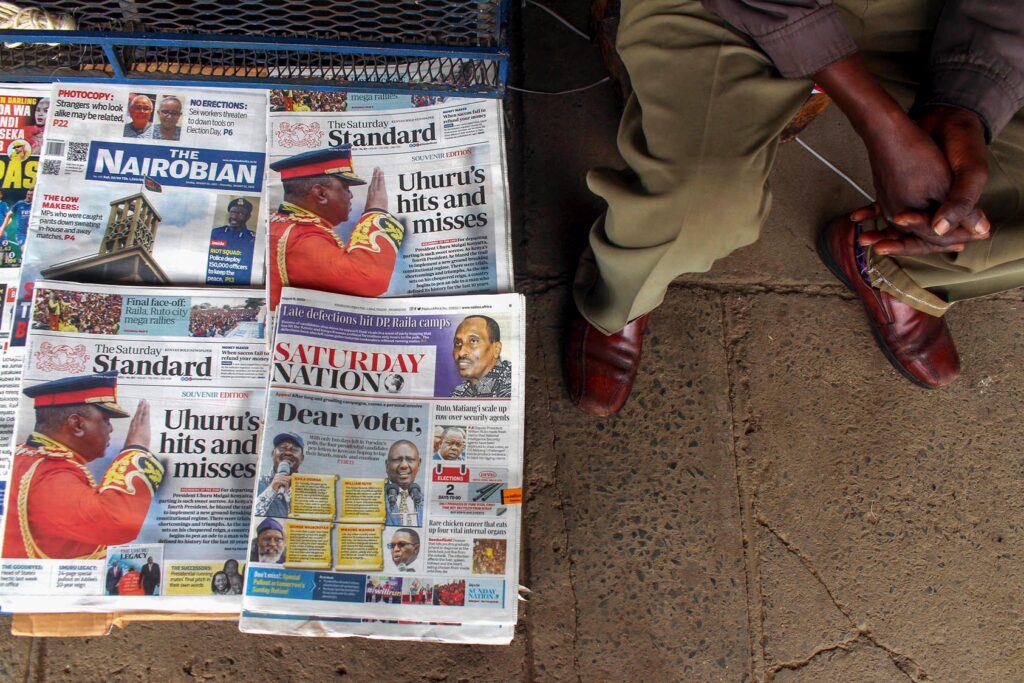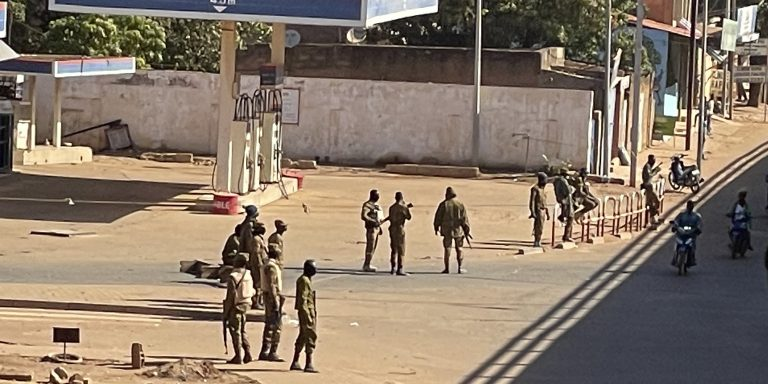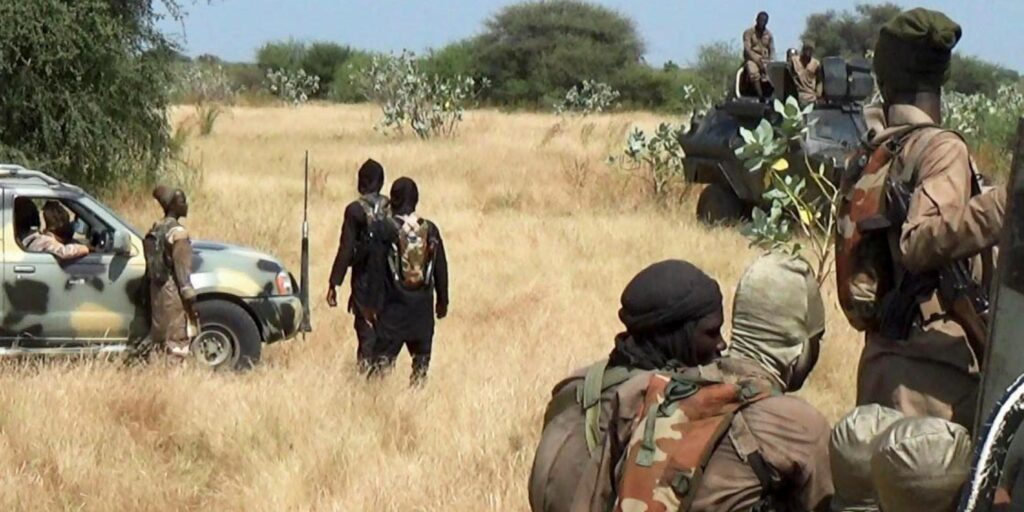Sustaining Gains in Somalia’s Offensive against Al-Shabaab
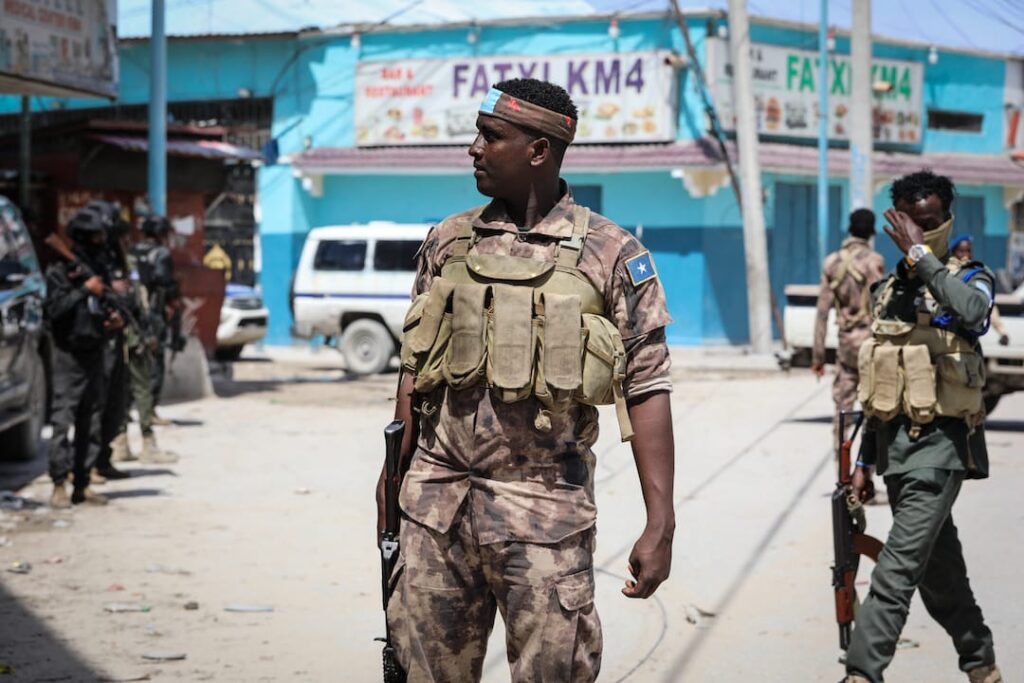
What’s new? The Somali government has gained ground in its war with the Islamist insurgency Al-Shabaab, mainly in central Somalia. Most of the progress is due to Mogadishu’s leveraging of local discontent with Al-Shabaab to form alliances with clan militias.

